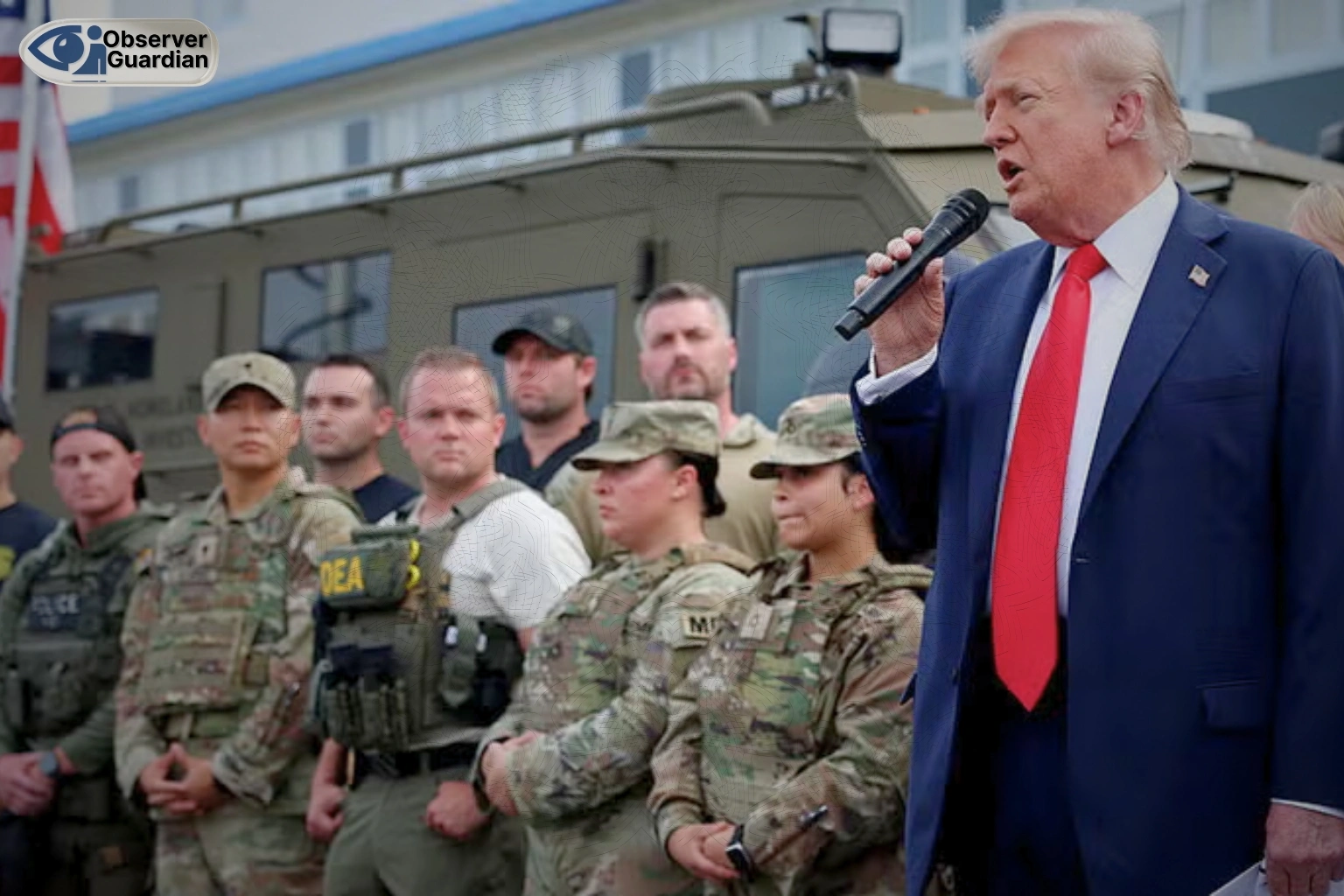So Trump just signed off on sending troops into Portland. The official line is that it’s about protecting federal facilities, especially ICE buildings, after a recent shooting at an ICE facility in Texas. He framed Portland as a kind of hotbed of “domestic terrorism,” pointing at Antifa, and said he’s ready to use “full force” if needed. That’s his framing of it: federal property under siege, federal response required.
What’s actually happening is about 200 members of the Oregon National Guard are being federalized. Normally the governor controls them, but under Title 10, Trump can pull them under federal command. Once that happens, they’re essentially working for Washington, not Salem. That shift is a big part of the controversy, because Oregon’s governor Tina Kotek, the state AG, and Portland’s mayor all pushed back immediately, saying the city’s not a war zone and local police are more than capable of handling things. They’re suing to stop it, arguing he doesn’t have the authority to override them this way.
Legally, it’s messy. The Posse Comitatus Act is supposed to prevent the military from doing domestic law enforcement unless Congress signs off. National Guard troops in state control can do more, but once they’re federalized it’s a different ballgame. Scholars are debating whether Trump is stretching the law way past its intent, and critics warn it could set a precedent where presidents send troops into any city they claim is “out of control.”
Local reaction has been sharp because, from their perspective, Portland isn’t the chaos zone Trump is describing. Yes, it has its protests and occasional flashpoints, but it’s not Chicago in the 1920s. Leaders there say this is political theater: painting liberal cities as lawless to justify heavy-handed federal action. Portlanders are used to being singled out like this back in 2020, federal officers were sent there under Trump too, which only inflamed tensions.
This isn’t happening in a vacuum either. Earlier this year, Trump federalized Guard units in Los Angeles and clamped down on D.C. under a “crime emergency.” He’s even floated similar moves for New York, Chicago, Baltimore, and San Francisco. So Portland feels like the latest chapter in a broader pattern of testing how far federal power can reach into city policing.
Where does this go? The courts will weigh in on Oregon’s lawsuit, and that’ll tell us if Trump can actually keep those Guard troops under federal control for the full 60 days. On the ground, it depends how confrontational those deployments get if they’re mostly guarding buildings, tensions might simmer, if they start patrolling the streets, Portland could see a repeat of the clashes from 2020. Either way, it’s one of those moments that’ll be studied later as an example of how the balance between state and federal authority gets pushed, and maybe bent, in times of political conflict.







